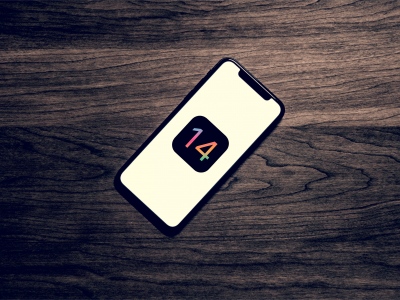Google Chrome came onto the browser scene with a splash in 2009. At the time, the industry was firmly in the midst of what some called the Browser Wars 2.0. Despite several internet browsers being available on the market, only two fought for major market dominance – Microsoft’s Internet Explorer and Mozilla’s Firefox. When Google announced its entry into the competitive browser market, there was much fanfare since the market was already pretty mature. Google was known for building every piece of its technology from the ground up, from its search engines, to its operating systems and other supporting applications. Internet Explorer and Mozilla code bases were mature applications with a lot of heavy baggage, so the market was ready for a fresh new light browser to shake things up a bit.

And shake things up it did. Chrome has consistently proven that it is much lighter and faster than its competitors at Microsoft and Mozilla. Chrome now shares a majority of the market space in the browser market for desktop PC computers.
Now Google is throwing itself up against another competitor – Apple. It was announced last month that Google is working on a new version of its Chrome browser for the iOS and may be released on Apple’s iPhone and iPad by as soon as the end of the year. This is big news for consumers and may have big financial implications for Google. It also may be fraught with difficulties.
It is well known that Apple runs a tight ship when it comes to allowing applications to run in its proprietary OS, application, and hardware environments. Google speech was released in the app store last year and has since had spotty availability due to Apple’s strict regulatory practices of its app store.
The biggest hurdle Google will face in competition for Apple’s user base against its current browser application, Safari, is that Apple will not allow any third party application to run as a default on its operating systems. This means that any time a user clicks a link in email, sms or some other third party or Apple provided application, the link will open in Safari. The convenience hurdle that this faces Google with may be overwhelming.
This may not always be the case though. One only need to look back to recent history to find examples of how consumers, and the United States government, react to such heavy handed control of a proprietary operating system. Microsoft attempted to run Netscape out of business in the first browser wars of the nineties by providing Internet Explorer exclusively and freely packaged in its Windows 95 operating system. This along with other heavy handed plays by the nineties software giant, Microsoft, caused the US government to react strongly with an anti-trust case against it. As Apple increases its market share, it may not have a choice but to allow third party applications like Google’s Chrome to compete on an equal playing field with its own applications on the iOS operating system.
What does all this mean for Google? First, Google stands to strongly benefit financially from this deal. Currently, Google pays Apple around one billion dollars in ad revenue in an agreement concerning the use of Google search through the Apple Safari browser application. The total revenue Google is currently paying Apple for use of the Safari search box is around fifty to sixty percent. When you add in the revenue generated by search from iPads, iPhones, and iPod Touches, this revenue comes up to about $600 million paid to Apple. The other benefit to Google is the ability to track users ubiquitously across iPhone and iPad use when they use the Chrome browser, just as they do with all of their other tools such as YouTube. This means a lot more user data that can be used to feed its massive advertising market.
Author: The article is contributed by Jason Phillips; he is a tech writer with penchant for gadgets and electronic items. He is a living encyclopedia. Apart from that he is very fond of iPad 3 screen protector and other iPad accessories.










Comments